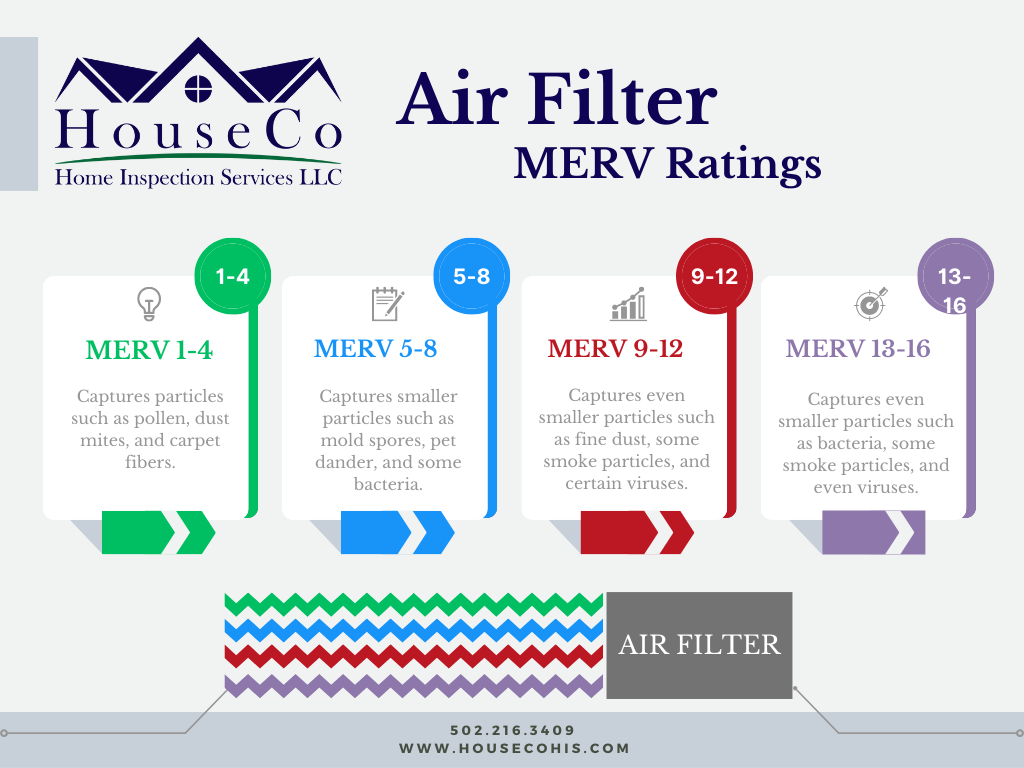As a homeowner, maintaining your HVAC system is crucial to ensure the comfort and safety of your family. One important aspect of HVAC maintenance is regularly changing the air filter. But how often should a homeowner change their HVAC filter? The answer varies based on several factors.
How Often Should You Change The Filter
Rule of Thumb

The general rule of thumb is to change your HVAC filter every 90 days or every three months. This is a good baseline for most homes, but other factors can affect the frequency of filter changes. The indoor air quality can affect how often you change your furnace filter. If you have pets, smoke indoors, or live in an area with high pollution or dust levels, your filter may become dirty more quickly and require more frequent changes.
Other Factors to Consider
If you set your furnace fan to run constantly to circulate air or have a larger home, you may also need to change the filter more often. Also, if you have a large family or frequently have guests over, your HVAC system may need to work harder to keep up with demand, meaning the filter will become dirty more quickly.
What Type of Filter Should You Choose
It’s important to note that the type of filter you use can affect how often you need to change it. A high-quality filter, such as a HEPA filter, may last longer and require less frequent changes than a standard filter. However, high-quality filters also tend to be more expensive.
Furnace filters are rated based on their MERV (Minimum Efficiency Reporting Value) rating. The MERV rating is a measurement of the filter’s ability to remove particles of a specific size from the air as it passes through the filter.
The MERV rating ranges from 1 to 20, with higher and lower numbers indicating levels of filtration efficiency. Filters with a MERV rating of 1 will only capture large particles such as dust, while filters with a MERV rating of 20 will capture even tiny particles, including bacteria and viruses.
Here is a breakdown of MERV ratings and the types of particles they capture:

– MERV 1-4: Captures particles such as pollen, dust mites, and carpet fibers.
– MERV 5-8: Captures smaller particles such as mold spores, pet dander, and some bacteria.
– MERV 9-12: Captures even smaller particles such as fine dust, some smoke particles, and certain viruses.
– MERV 13-16: Captures even smaller particles such as bacteria, some smoke particles, and even certain viruses.
– MERV 17-20: These filters are typically used in hospitals and other medical facilities and can capture extremely small particles such as bacteria and certain viruses.
Higher MERV ratings do not necessarily mean better air filtration for all homes and HVAC systems. Filters with a higher MERV rating may also restrict airflow, which can reduce the efficiency of your HVAC system and potentially cause damage over time. It’s important to consult an HVAC professional to determine the appropriate MERV rating for your home and system.
Conclusion
In conclusion, changing your HVAC filter every 90 days is a good baseline, but there are several factors that can affect the frequency of filter changes. It’s best to consult an HVAC professional to determine the best filter and change schedule for your home and usage patterns. They can also provide guidance on other HVAC maintenance tasks to ensure your system runs efficiently and lasts as long as possible. By paying attention to factors such as indoor air quality, system usage, and filter type, you can ensure your HVAC system runs efficiently and keeps your home comfortable and safe.

